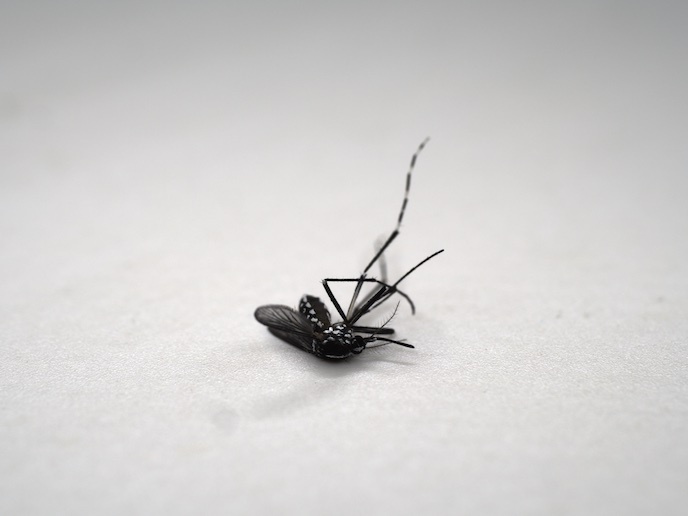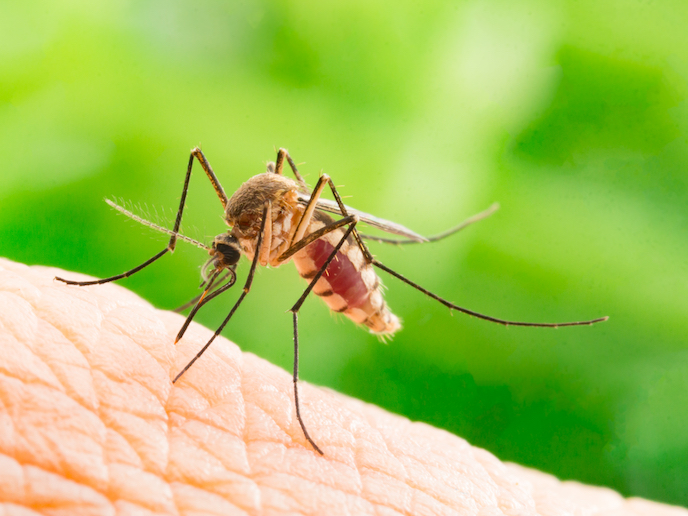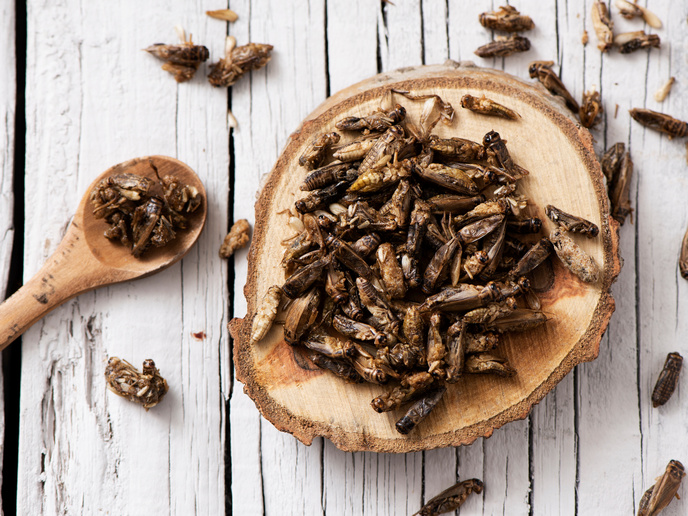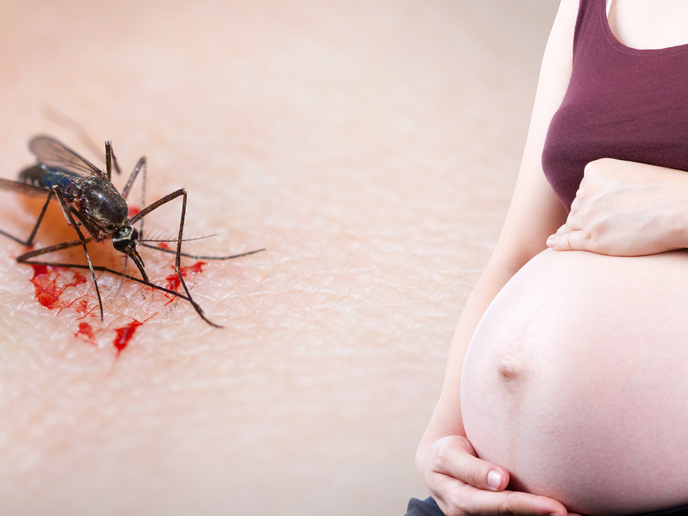Using technology to squash the risk of mosquitoes
Mosquitoes aren’t only annoying, they’re also potentially dangerous. That’s because their bites might come with more than an itch, as mosquitoes are also vectors for such infectious diseases as malaria. So, why in the world would a company be packaging, shipping and releasing more mosquitoes? That seems like a business model that literally ‘bites’. “The best line of defence against mosquitoes is the mosquito itself,” says Hanan Lepek, CEO at Senecio Robotics(opens in new window). As Lepek explains, male mosquitoes feed on plant juices, not blood. As such, they do not bite and thus cannot transmit diseases. “As the female mosquito mates just once in her lifetime, releasing enough sterile male mosquitoes will result in a dramatic reduction in the local population within just a few weeks – all without the need for potentially harmful insecticides,” he explains. As other research initiatives have developed systems for breeding sterile male mosquitoes at scale, Senecio focused their work on the so-called downstream aspects of the value chain. With the support of the EU-funded RoboSIT project, the company has developed a sterile male sorting and delivery system. “This supporting technology allows us to quickly sort non-biting sterile males and then automatically package them in a way that enables their large-scale release,” adds Lepek.
The mosquito factory
At the heart of the project is the BioMosquito Factory(opens in new window), a modular technology that enables the release of millions of sterile male mosquitoes a week. “Senecio has developed a proprietary technology that provides mosquito factories, laboratories and governments with an affordable, compact solution for the robotic handling, sorting and loading of mosquitoes at scale,” remarks Lepek. The factory size is designed according to a site’s specific needs. Using Senecio’s unique modular approach, a factory can produce up to about 20 million mosquitoes per week.
Classifying and sorting adult mosquitoes
The factory includes an automated process for sorting male adults from female adults. Using deep learning, the solution can classify a mosquito’s sex following its emergence as an adult, with male mosquitoes being automatically placed into release cartridges. “This solves one of the biggest challenges to mass-producing male mosquitoes, namely, to create a streamlined process that addresses all aspects, from production and logistics to the shipping of the male mosquitoes,” notes Lepek. After identification, all female mosquitoes are removed via a robotic mechanism. The males are then moved to the packaging station, where they are automatically placed into cartridges and shipped. Once at the final destinations, the male mosquitoes are released using drones, ground vehicles or aircraft.
Ensuring safety and comfort
Thanks to the support of the RoboSIT project, Senecio has developed a viable, commercial-ready solution to be used in the global fight against mosquitoes. The solution is already being used in nearly 10 cities in Israel, where sterile male mosquitoes are released on a weekly basis – to great effect. “People living in these neighbourhoods tell me they can now enjoy sitting outside,” concludes Lepek. “I am proud to have contributed to this increase in safety and comfort for thousands of people in Israel and look forward to providing the same service to people across the world.”







